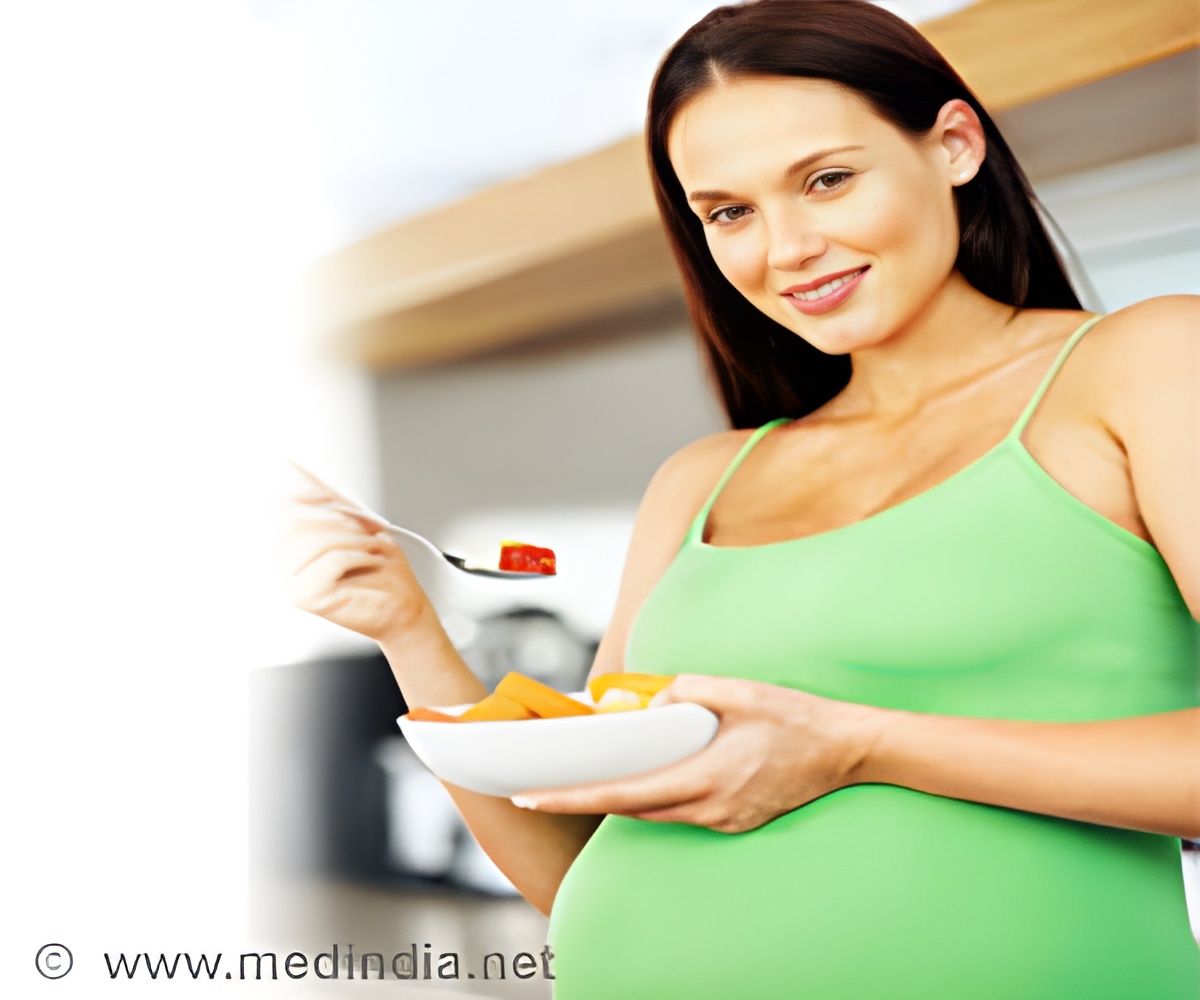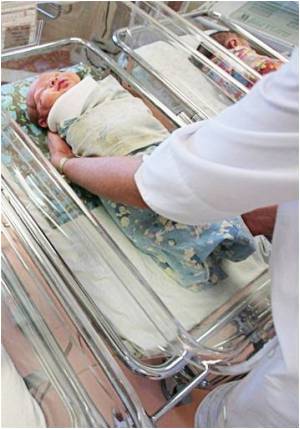According to a Vanderbilt study an important predictor of the severity of respiratory syncytial virus (RSV) in infants may be what their mothers ate during pregnancy.

Lead author Fernando Polack, M.D., Cesar Milstein Professor of Pediatrics, said his study found that the most serious cases of RSV correlate with mothers who ate a diet high in carbohydrates during pregnancy.
"These cases were not just severe, but the sickest of sick," Polack said. "What we found was the presumptive impact of a carbohydrate-rich diet was clearly dose dependent."
More than 1,200 infants younger than 2 years old were hospitalized in 12 institutions in Buenos Aires, Argentina, during the 2011 RSV season.
Of those patients, nearly 800 were found to have RSV infection, and 106 of those babies were considered to have a life-threatening form of the disease, with oxygen saturation rates below 87 percent: Twenty-two infants died in the hospital, and an additional 26 infants died at home with evidence suggesting they died from RSV.
Polack and his collaborators had the mothers fill out a nutrition survey during their final trimester of pregnancy in order to examine the impact of maternal diets heavy in fruits and vegetables versus protein, fats or carbohydrate-rich diets.
Advertisement
"Our study suggests that, where RSV and other respiratory viruses are concerned, the more sugars a mother eats the worse the situation may get for the baby in the first part of life," said Polack, adding that the next step will be to confirm the association in future studies.
Advertisement














